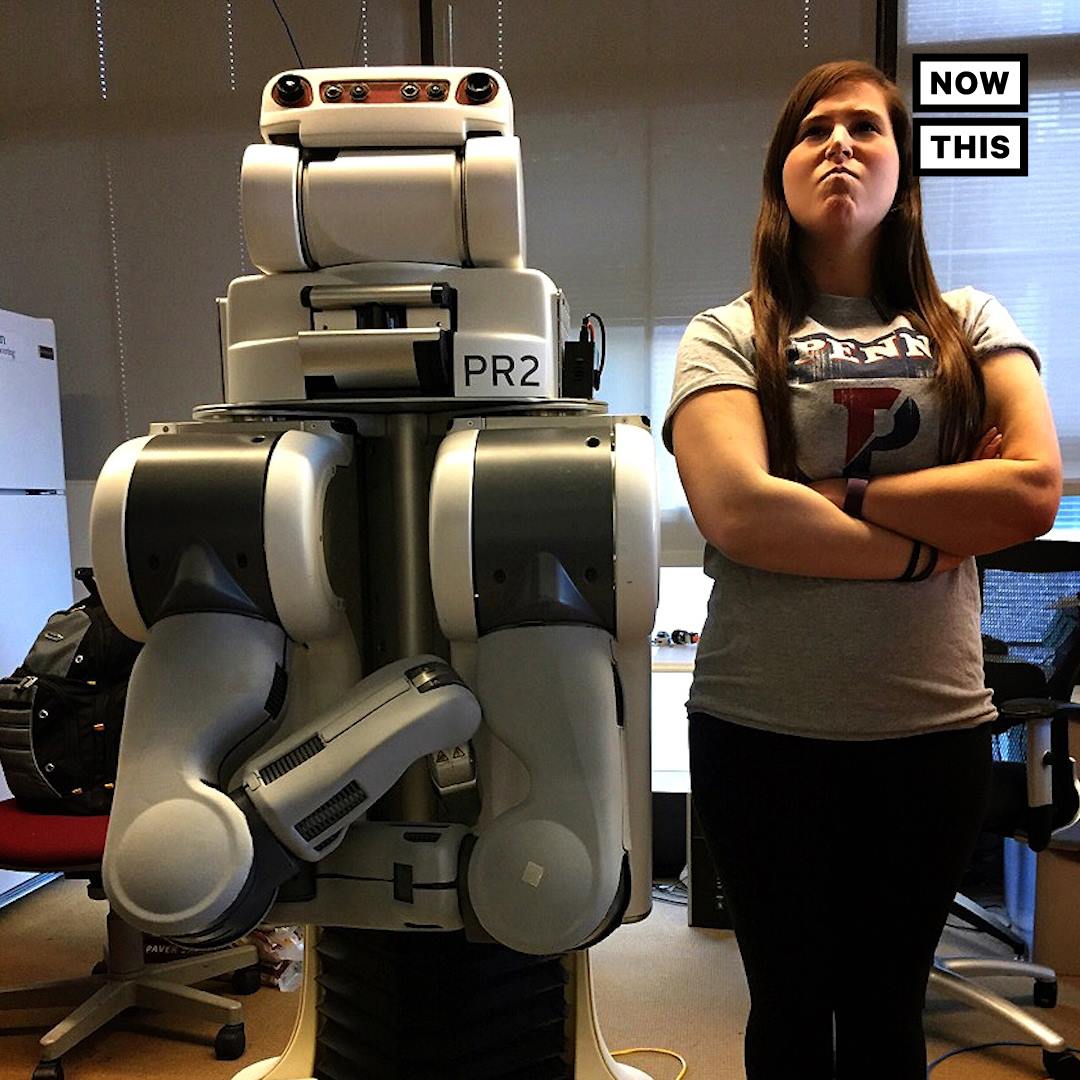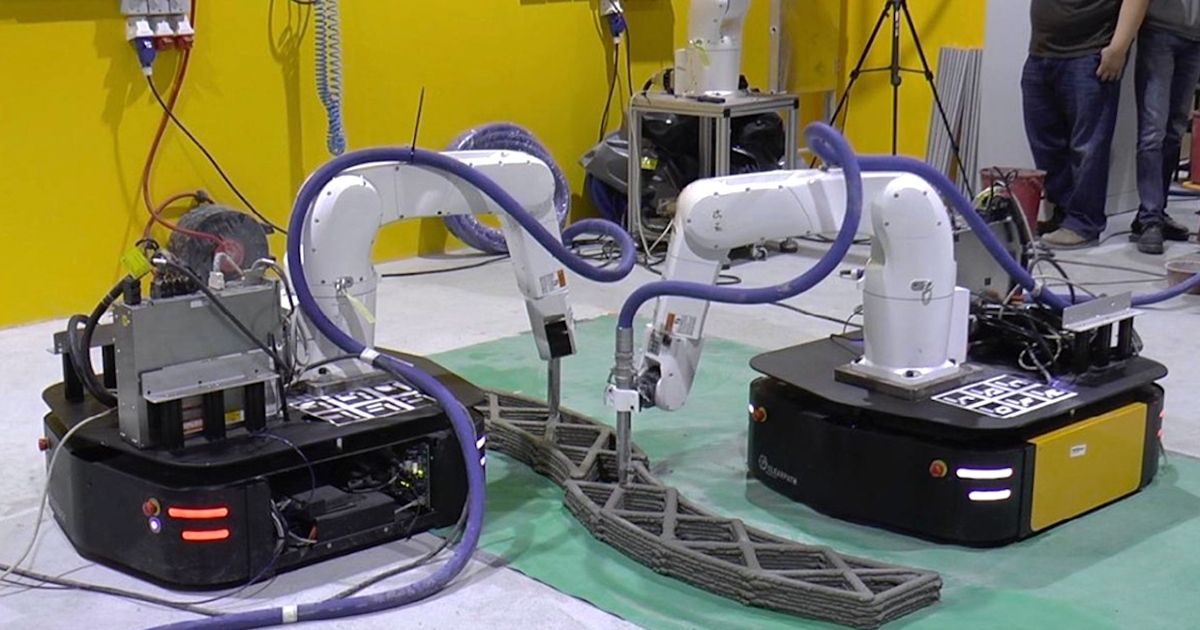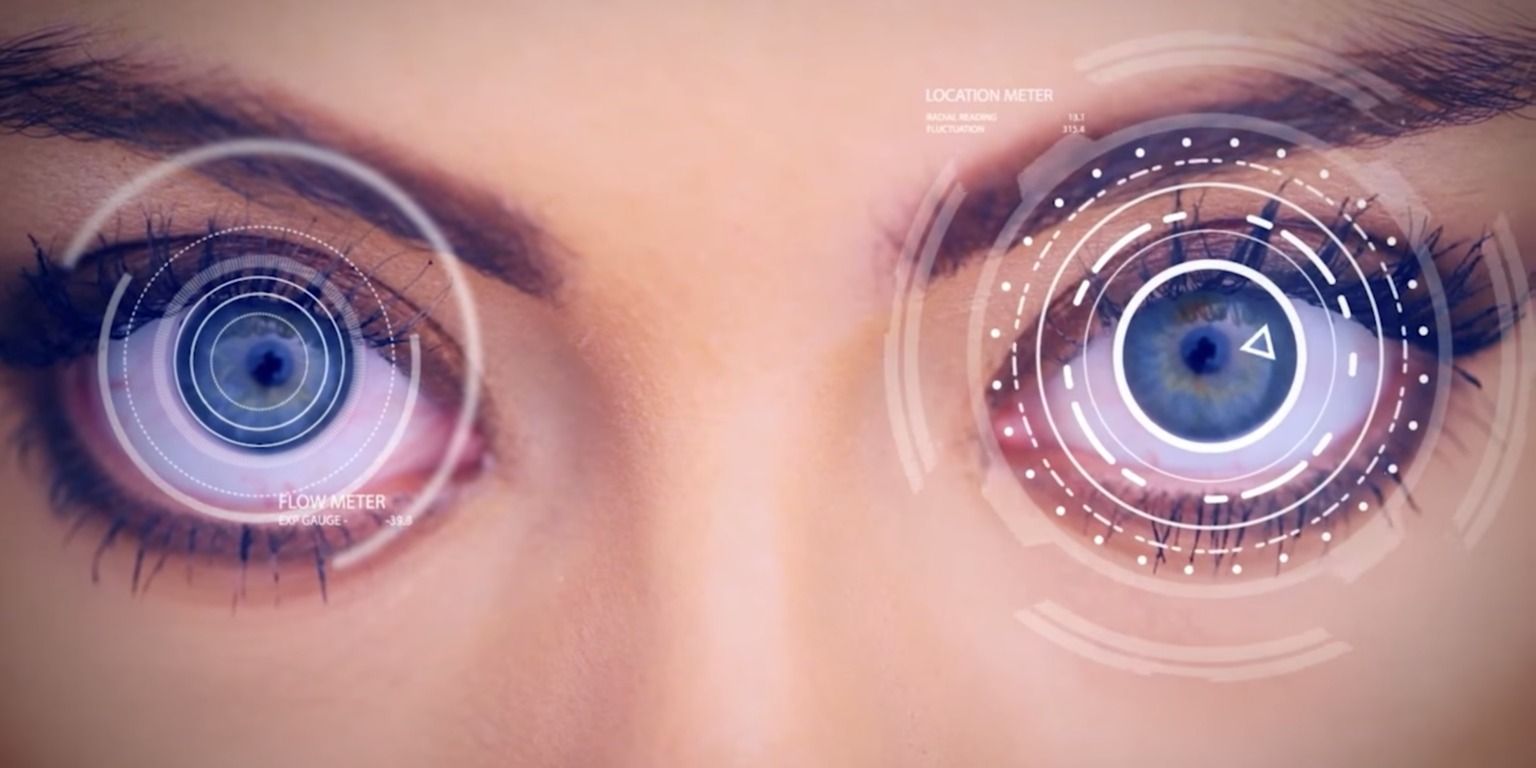Page 9769
Sep 10, 2018
Of Vampires And The Challenges Of Longevity Drugs
Posted by Lilia Lens-Pechakova in categories: biotech/medical, life extension
An interesting article in Forbes on GDF11, anti-aging drugs and companies:
For an example of how hard it is to develop an anti-aging medicine, check this out. It’s some of the coolest and creepiest science to have been published in major academic journals. But is it ready to form the basis of a pharmaceutical company?
Sep 10, 2018
The smart technology turning China’s illiterate late bloomers into digital natives
Posted by Derick Lee in category: education
One of the biggest barriers is illiteracy, particularly among older generations.
But technology is also helping some people overcome their lack of formal education to be a part of the digital revolution.
Up until now, people without an understanding of Chinese characters and the romanised writing system pinyin have been locked out online.
Sep 10, 2018
Watch This 1999 Clip of Jack Ma Trying to Convince His Friends to Join Alibaba
Posted by Edward Futurem in categories: government, life extension
I know 100 leaders in longevity area. All of them will be invited to the Longevity Impact Forum, to create sort of Alibaba of longevity. We can beat government agencies and big companies because of our spirit!
“Underdog” entrepreneur Jack Ma is now famous for his record setting IPO when he took his e-commerce company, Alibaba, public. But not many people know he started Alibaba in his one-room apartment with 17 friends. Watch where all the magic of Alibaba started and be sure to check out Jack Ma’s amazing life.
Sep 9, 2018
Mobile Robots Cooperate to 3D Print Large Structures
Posted by Shailesh Prasad in categories: 3D printing, robotics/AI
Sep 9, 2018
This new AI can track 200 eye movements to determine your personality traits
Posted by Shailesh Prasad in category: robotics/AI
German scientists developed software that can detect character traits through eye-tracking, according to a new study. Using over 200 actions, such as the frequency with which a person blinks, researchers found links between eye movements and personal traits, allowing the software to do the same.
Sep 9, 2018
Holographic “digital wife” now on sale for $1352
Posted by Shailesh Prasad in category: materials

Gatebox’s Boku no Yome (“My Wife”) has been released in mass production for 150,000 yen (US$1,352). The holographic character stands about 8 inches tall and talks to her husband from behind a cylindrical plastic barrier. In addition to the upfront cost for Boku no Yome, husbands must pay a subscription fee of 1,500 yen (US$13.52) per month to keep their wife from getting outdated.
Sep 9, 2018
Facebook’s AI Just Set A New Record In Translation And Why It Matters
Posted by Shailesh Prasad in categories: information science, robotics/AI
A new AI algorithm developed at Facebook could enable translating between obscure languages and across disparate domains.
The rules around where and when you can fly a drone out in the wide, wide world can seem a little daunting, but there are a few great tools out there to help you figure it out.

















